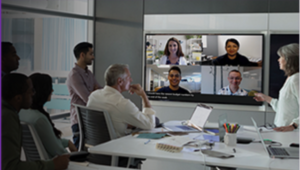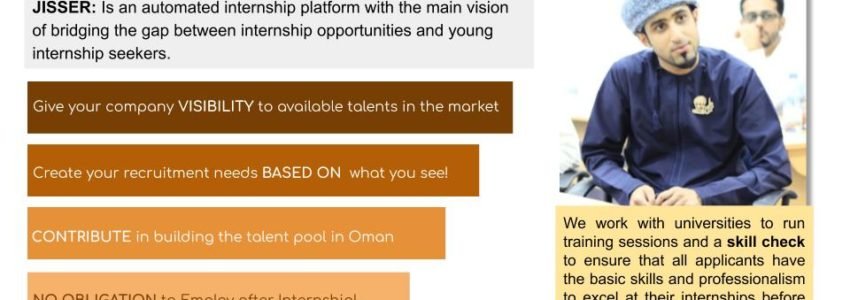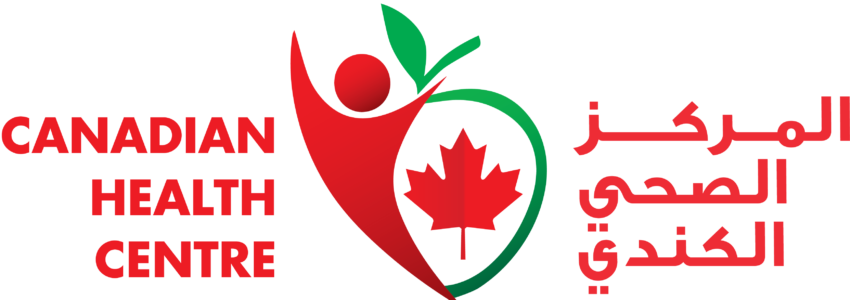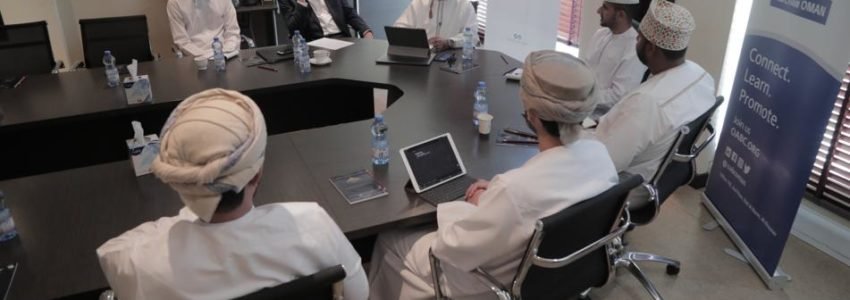Without a doubt, we are in a world a crisis due to Covid-19. The events of the past few weeks affect our countries, our businesses, our families, and our personal lives. When it comes to making decisions, we as human beings notoriously bad making decisions under normal conditions. This is due to several reasons, including cognitive biases, cognitive traps, and misperceptions about the world around us. The pressure of making decisions in crises multiplies this problem. For example, one of the reasons for bad decision-making is that we do not generate enough options to find a good solution. But in a crisis, the freeze/fight/flight response forces us to limit the possibilities even more, leading to even worse solutions.
What can we do?
The good news is that there are some scientific solutions to making better decisions under pressure. I want to share three suggestions that scientists who study decision making under pressure say will help leaders make better decisions. The ideas are: don’t make decisions alone, don’t forget the human element, and don’t try to control the uncontrollable. We will look briefly at each of these.
1. Don’t make decisions alone
Science has much to teach us from the ultimate high-pressure situation: airline disasters. Under normal conditions, the captain is in charge of everything, and he or she is the final decision-maker. In a crisis, captains who considered the flight crews’ ideas fared much better.
The captain’s communication style also mattered. When the captains asked open-ended questions and listened, they found better solutions. Some of these questions included, “How do you assess the situation?”; “What options do you see?”; and “What do you suggest?”
Scientists suggest that leaders not try to control everything but to seek order over control. “Order” means that everyone understands what their job is and what they can expect from others. Leaders in crises must reduce the number of decisions they make on their own and delegate as many decisions as possible.
Research from McKinsey and Company highlights this idea. “Amid uncertainty generated by a crisis, leaders often feel an urge to limit authority to those at the top, with a small team making the big decisions while huddled behind closed doors. They should reject the hierarchical model that they might be more comfortable with in normal times and instead involve many more stakeholders and encourage different views and debate. This approach can lead to smarter decisions without sacrificing speed.”
The Take-Aways
Involve colleagues as equal decision-makers, ask open-ended questions, and delegate as many decisions as possible.
2. Don’t Forget the Human Elements
A leader must always remember that critical situations affect people, and people are emotional. Leaders must never forget the psychological impact of uncertainty. While profits, revenue, sales, and costs are always essential, the people in the company and their emotions also affect all of these metrics.
The purpose of all organizations is to accomplish together what an individual cannot do alone. We do this in a crisis when each individual knows his or her contribution, and we as leaders recognize that contribution. A crisis is an excellent time for being the leader who coaches the team through the crisis Good coaching will certainly help your team deal with the psychological trauma caused by uncertainty.
As a leader during a crisis, you must do all you can to minimize fear and uncertainty that your colleagues feel and bring healing to the situation. Clearly articulating the mission and the accomplishments of each member of the team will help.
The Take-Aways
Take the psychological needs of your team into consideration and give them as much psychological safety as possible. We do this by helping them see the big picture, recognizing their accomplishments, coaching them through the situation, and clearly articulating the mission.
3. Don’t Try to Control the Uncontrollable
We cannot control everything in our lives. Every factor in our life is not under our management, and in a crisis situation, this is even more true. According to scientist in the field of positive psychology, to develop a healthy level of personal control we must understand our own limits of control and not try to manage the things beyond our control. Psychologists call this the “paradox of surrender.”
PositivePhychology.com explains this idea well. “Surrendering means letting go of unproductive efforts to control the uncontrollable. It involves accepting that there is nothing one can do to change the situation. Surrendering is not the same as becoming a victim and passively being overtaken without choice. Surrendering means you decide to let go of things that you cannot control and focus on the things you can control.”
Surrender, then, does not mean giving up and giving in. It involves dealing with the uncontrollable in different, “non-active” ways. We understand better how to deal actively with problems we can control. But how do we deal with the things we cannot control in “inactive” ways?
I will suggest three ideas
First, deal actively with the emotions involved in being out of control. This includes such things as giving yourself the space to feel the feelings, not fixating on the negative feelings, and realizing that this situation is not permanent.
Second, reframe the situation. We do this by taking the bigger view of the situation and seeing it in a broader perspective. It also helps to question your underlying assumptions and changing them.
Last, practice coping behaviors. Some of these include reading a good book, prayer and meditation, and physical activity.
The Take-Aways
Here are some concrete steps you can take to help deal with the uncontrollable:
1. Identify what you can control and what you cannot.
2. Deal effectively in “active” ways with the things you can control.
3. Stop trying to directly control the things that are beyond your control and deal with them in “inactive” ways, including dealing with emotions, reframing, and employing coping mechanisms.
When your team sees you positively dealing with the uncontrollable, it will encourage them to do the same.
Conclusion
Times of crisis are hard on everyone. Fortunately, scientists have studied this subject at great length and have several precise methods to help us deal with these situations. Three important ones are: don’t make decisions alone, don’t forget the human element, and don’t try to control the uncontrollable. Your team is looking to you for leadership in times of crisis By being a great leader in “moments like these,” we can and will be more effective in our leadership after the crisis has passed.
If you want more information on these topics or want to read the underlying research, please write to me at MikeW@PGC-Oman.com.

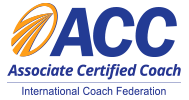
Dr. Mike Williams
Professional Gulf Consulting
MikeW@PGC-Oman.com
www.PGC-Oman.com






